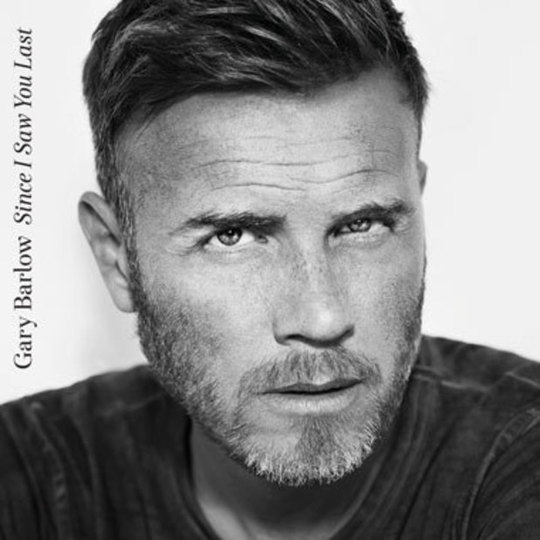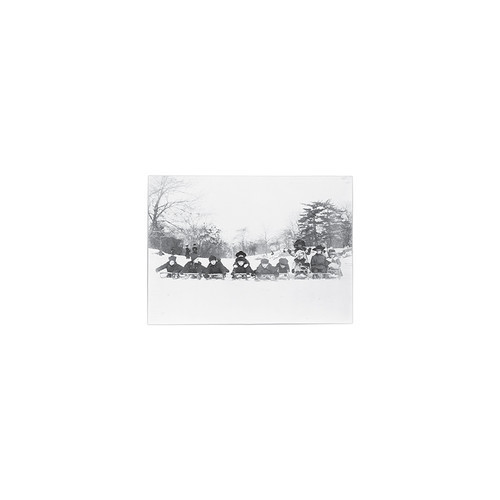It’s hard to warm to Gary Barlow these days - he’s about as establishment as it’s possible to be, on nodding terms with the Tory top brass, blessed by her Majesty and beatified by X Factor. There’s something intangibly smug about his high-brow hobnobbing and his massive house, so far removed from the chubby Manc everyman struggling to keep up with the dance routines back in the Nineties. That Barlow has made it to the top of the tree is astounding - a decade ago he’d been written off by pretty much everyone, his glow utterly outshone by the blinding ubiquity of Robbie Williams’ success. People once said Gary would be the new George Michael – instead he was very nearly the next Andrew Ridgeley.
Gaz is back on top though, thanks to the best executed comeback since Elvis in ‘68, and also thanks in no small part to an almost supernaturally good way with a tune. This is the man who wrote ‘Back For Good’, a song so brilliant that for a while everyone though the Bee Gees had written it on the sly. Since their comeback Take That haven’t put a foot wrong, up to and including their reunion with Williams, on the brilliant and slightly mental Progress. Barlow came back from the brink and got crowned king, and his stock hasn’t been this high since his band split back in 1996. Now, as then, it seems like time to do the solo album thing- only this time maybe people will actually buy it? This time it could actually work…
Or it could not... Since I Saw You Last, his first proper solo record in 14 years, is solidly built but shamelessly populist. When it engages its emotions properly it’s rather good, but Barlow’s instinct to stick to the middle-ground is too strong and unlike Take That’s Progress, which took risks all over the place, that urge to play it safe ultimately scuppers things here.
The writing gathers all the touchstones of 40-something, Radio 2 pop. When Elton John turns up on ‘Face To Face’ you hardly bat an eyelid because on some level you’ve been expecting him for ages. There’s also a healthy nod to Billy Joel and self-conscious debt to the Beatles that aims for Paul McCartney but usually ends up in the Electric Light Orchestra. Opener ‘Requiem’, a co-write with Williams, is so very ELO it’s as if Jeff Lynne is operating Barlow by remote control. It’s a fine tune for all its bluster, and hints that what follows could pack some punch.
Alas what follows is ‘Let Me Go’, a fairly bland mid-pacer that’s aimed squarely at the Radio 2 playlist and sets the template for most of the record.Musically there’s a massive debt to Coldplay’s less inspiring oeuvre, particularly to ‘Viva La Vida’s cinematic strings and “whoooo-ooooo” refrains lifted whole sale on ‘Let Me Go’, ‘Face to Face’ and the anodyne title track. Barlow seems fond of the same trick used on The Wanted’s breakthrough, ‘All Time Low’ and subsequently copied on most big pop hits since: big strings, Chris Martin-esq “whoooaaaaaaa-ing” and those propelling, thumpy four-to-the-floor drums. It all sounds a little manufactured, a kind of Ikea meatball version of real pop music.
There’s a lot of lighters-in-the-air piano ballads that all start like parodies of lighters-in-the-air piano ballads, notable especially on ‘Jump’ and ‘We Like To Love’. By and large they're fine, though the recurring tics start to grate after a while. ‘Small Town Girls’ is telling, its title alone pointing exactly where Barlow is aiming work- that it’s the weakest track here suggests its targeting justifies its presence more that its tune- a sub standard Take That b-side.
There’s some really good stuff here too. Way out ahead of the pack is ‘Dying Inside’, which taps anguish and real grief and translates them impeccably. It’s really very beautiful, and feels 10 times more honest than anything else here - not aiming at the radio, the dancefloor, the charts or the “small town girls”, but a real expression of something. ‘God’, ‘6th Avenue’ and ‘More Than Life’ could all be modern show tunes- appallingly sentimental but naggingly catchy and robustly put together.
Ultimately Since I Saw You Last is fine, aimed squarely at Take That’s hen nights-and-hair-dressers fanbase and largely hitting its mark. There’s flashes of very skilled songwriting, but there’s also the cynical, calculated feel of a record built with a certain commercial targets in mind. Barlow continually proves his worth as a writer, but when he plays this safe he remains hard to warm to.
-
5Marc Burrows's Score
-
10User Score






















